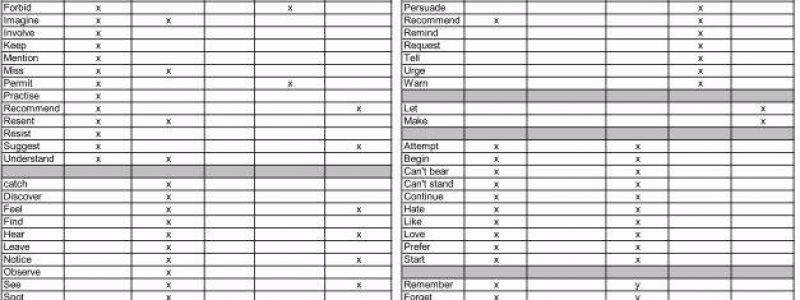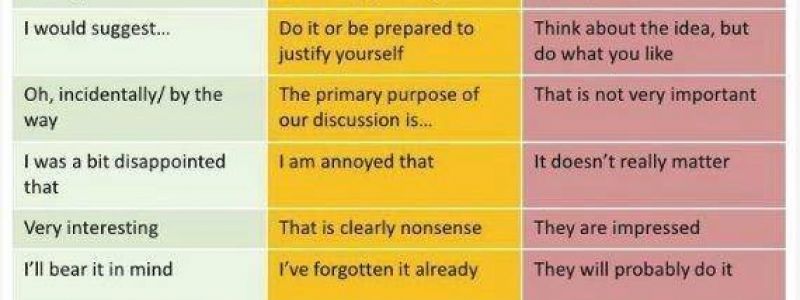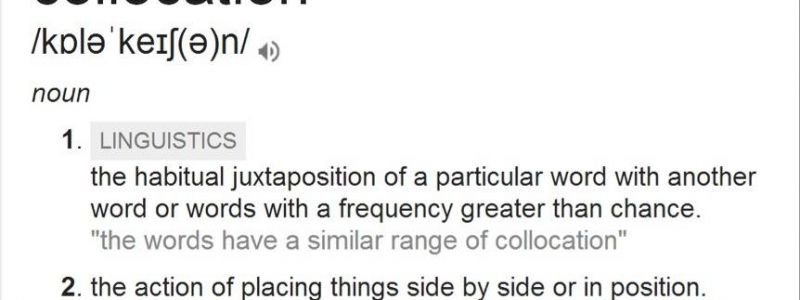What's the difference between 'deal with' and 'cope with'?
Escrito por British School el 28 de Enero de 2016 en la categoría Uso del inglés
What's the difference between 'deal with' and 'cope with'? -- Firstly, to deal with means: 1 - to take action to do something, especially to solve a problem (In these cases it is not possible to use cope with). Nick's parents had to deal with the mess his friends had made of the living room. Record companies haven't yet found a way to deal with Internet piracy. Nina's responsible for dealing with customer complaints. 2 - to accept and control a difficult... seguir leyendo


















